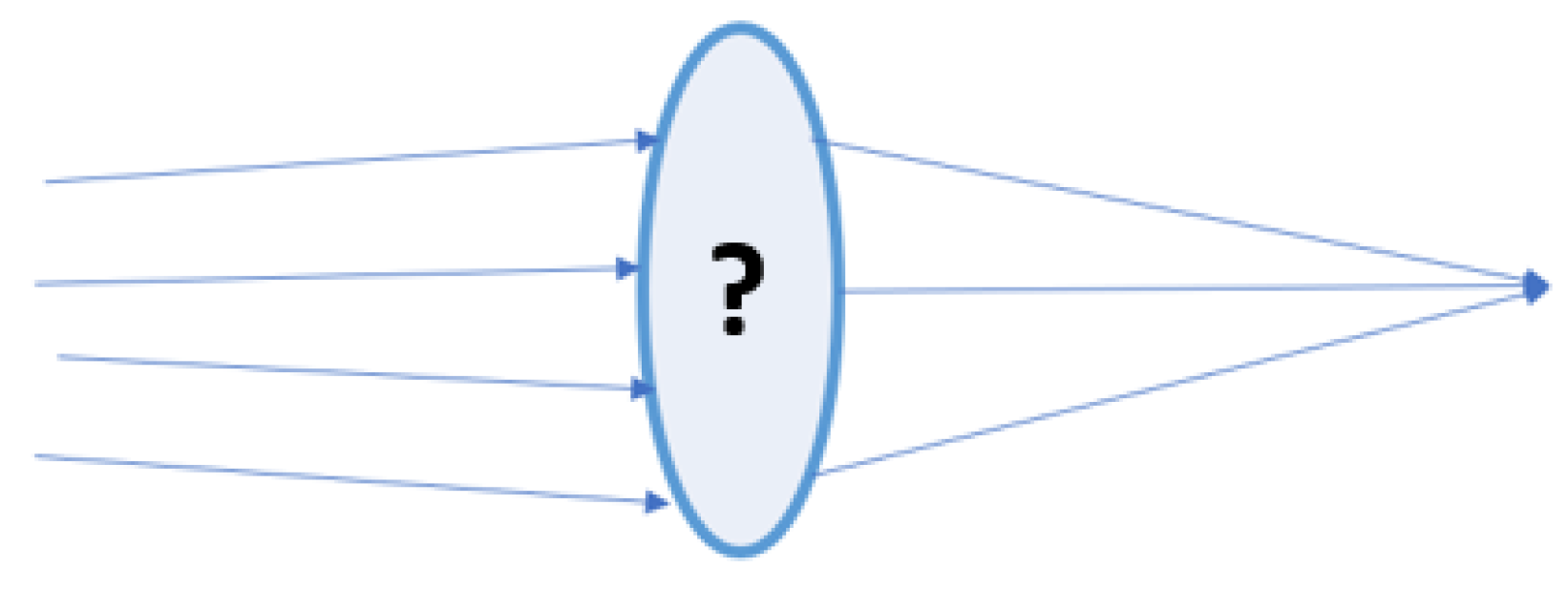TINA Is Dead: Reflecting on Postcapitalist Futures
Abstract
:1. C: The Pillars of Capitalism
2. ¬ C: Life Outside Capitalism
3. Converging Lens? Or Eternal Periphery?
Author Contributions
Funding
Institutional Review Board Statement
Informed Consent Statement
Data Availability Statement
Conflicts of Interest
References
- Wolf, H. Capitalism. In Encyclopedia of Social Theory; Ritzer, G., Ed.; SAGE Publications, Inc.: Thousand Oaks, CA, USA, 2005; Volume 1, pp. 77–80. [Google Scholar]
- Gibson-Graham, J.K. The End of Capitalism (As We Knew It); Blackwell: Oxford, UK, 1996. [Google Scholar]
- Gibson-Graham, J.K. Postcapitalist Politics; Minnesota Press: Minneapolis, MN, USA; London, UK, 2006. [Google Scholar]
- Wright, E.O. Envisioning Real Utopias; Verso: London, UK, 2010. [Google Scholar]
- Harvey, D. The Enigma of Capital; Profile Books: London, UK, 2011. [Google Scholar]
- Wikipedia Contributors. “Anti-Consumerism.” Wikipedia, The Free Encyclopedia. Available online: https://en.wikipedia.org/wiki/Anti-consumerism (accessed on 10 November 2021).
- Hodgkinson, T. How to Be Free; Hamish Hamilton: London, UK, 2006; ISBN 9780241143216. [Google Scholar]
- Achilles, M. Nationalism, Nativism, and the Revolt against Globalization. [Special Issue]. EuropeNow, 1//02/2018. Available online: https://www.europenowjournal.org/2018/01/31/nationalism-nativism-and-the-revolt-against-globalization/ (accessed on 22 October 2021).

Publisher’s Note: MDPI stays neutral with regard to jurisdictional claims in published maps and institutional affiliations. |
© 2021 by the authors. Licensee MDPI, Basel, Switzerland. This article is an open access article distributed under the terms and conditions of the Creative Commons Attribution (CC BY) license (https://creativecommons.org/licenses/by/4.0/).
Share and Cite
Serafino, L.; Ghezzo, F. TINA Is Dead: Reflecting on Postcapitalist Futures. Humans 2021, 1, 44-46. https://doi.org/10.3390/humans1020006
Serafino L, Ghezzo F. TINA Is Dead: Reflecting on Postcapitalist Futures. Humans. 2021; 1(2):44-46. https://doi.org/10.3390/humans1020006
Chicago/Turabian StyleSerafino, Loris, and Fabrizia Ghezzo. 2021. "TINA Is Dead: Reflecting on Postcapitalist Futures" Humans 1, no. 2: 44-46. https://doi.org/10.3390/humans1020006
APA StyleSerafino, L., & Ghezzo, F. (2021). TINA Is Dead: Reflecting on Postcapitalist Futures. Humans, 1(2), 44-46. https://doi.org/10.3390/humans1020006




